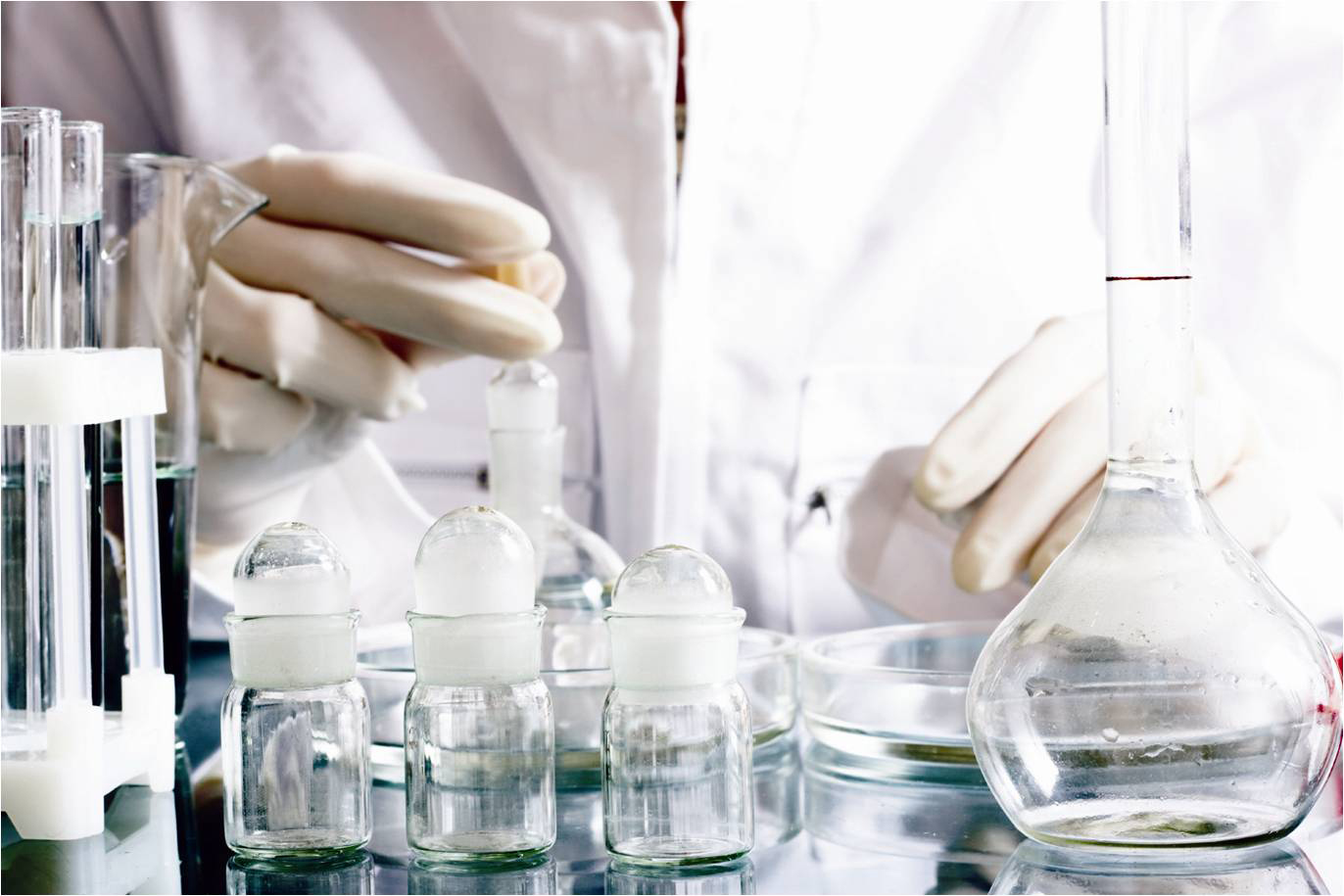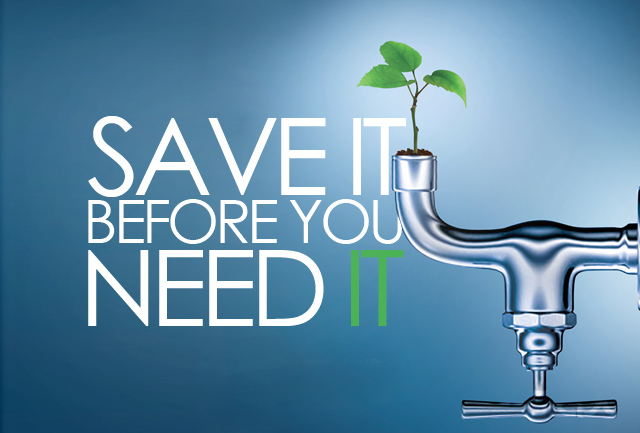Your Drinking Water:
Your drinking water typically comes from a municipal water supply, private well and/or spring. We tend to think water from a private well or spring is always clean. However, if you live in North Central Florida all water comes from the same source, wells that are tapped into some underground source of water.
Exposure to contamination from natural source (sand, iron, limestone, arsenic, bacteria, viruses) is possible for all water -municipal supplies, private wells and/or spring water. Also, from man made sources (agricultural chemicals, industrial and animal waste – nitrates, leaching from landfills and septic tanks, lead, cadmium). The difference is the city monitors municipal water on a regular basis, while homeowners typically do not monitor their private water sources.
Studies Show
According the EPA more than 90% of municipal water systems in the USA meet EPA’s water quality standards. However, the National Academy of Sciences has found hundreds of other toxic contaminants in municipal water supplies. There is no requirement to test nor safe levels established by EPA for these. Additionally, the National Academy of Sciences recognizes that disinfection by-products of chlorine such as Trihalomethanes (THM’s) and Haloacetic acids are harmful to people’s heath.
Once municipal water leaves the treatment plant it can be exposed to additional contaminants before it reaches your home due to breaks in pipes, aging and deteriorating pipelines.
Scientists at the National Academy of Sciences state that private wells and spring water carry the same contaminants as municipal water. Though, the EPA does not impose regulations on wells.
Some contaminants can pose a danger to you and your family’s health. Others can harm water using appliances, and stain fabrics, bathroom fixtures and more.
Best Water Solutions goal is to ensure that the water you drink and use in your home is as pure and safe as possible. Therefore, we offer a FREE Water Analysis and Consultation in your home.
Some Reasons You Should Test Your Water:
- Expose the presence of harmful contaminants that you cannot be see, smell or tasted. Such as heavy metals (arsenic, lead, mercury), or bacteria, viruses, cysts and more
- Identify the causes of odors or colors in the water
- Determine if your water contains elements destructive to your water using appliances and plumbing fixtures
- Reveal the causes of spotting and streaking in shower doors, tiles, flatware, glassware, coffee pots, etc.
- Find out why your water pressure is diminishing
- Detect the reason for blue/green stains in your sinks, bathtubs and toilets
- Reveal the cause of the unsightly rings in your bathtub
- Determine if you can save money on your energy bills
Once our specialist completes the Water Analysis they will explain the results. If beneficial to you, they will recommend treatment options to improve the quality of your water.
Best Water Solutions carries a wide range of options such as Conditioners, Iron and Sulfur Filters, Ultraviolet and Ozone Disinfection, Ultra-Filtration, Low Pressure Membranes and Reverse Osmosis.
To schedule your FREE Water Analysis today, fill the form on this link: https://bestwatersolutions.comfree-water-analysis/
A member of our team will contact you to make an appointment at your earliest convenience.
You can also call us: Gainesville: (352) 372-2707 – Ocala: (352) 369-1707 – Toll-Free: (800) 516-8962
Or Email us: info@BestWaterSolutions.com

